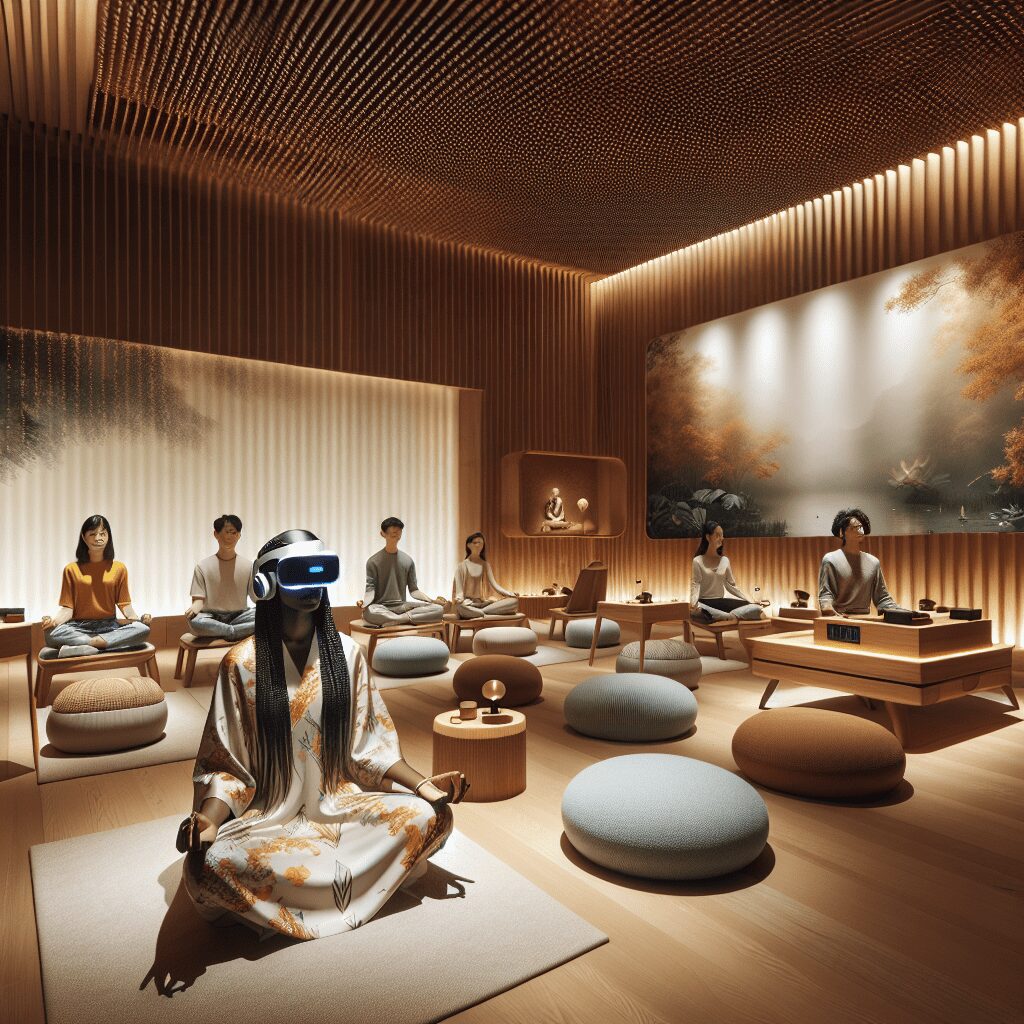
Prioritize your mental well-being daily. Enhance your life by nurturing your mental health with the Smart Meditation app. Break free from stress, alleviate anxiety, and enhance your sleep quality starting today.
Can You Have Both Social Anxiety Disorder And Generalized Anxiety Disorder?
The Intricate Dance Between Social Anxiety Disorder and Generalized Anxiety Disorder
When it comes to navigating the complex world of mental health disorders, the interplay between Social Anxiety Disorder (SAD) and Generalized Anxiety Disorder (GAD) often emerges as a poignant topic of discussion. It’s akin to trying to untangle a particularly knotty piece of string – both challenging and intriguing. Are these two conditions mutually exclusive, or can they coexist, blending their unique hues into the tapestry of an individual’s mental health landscape?
Understanding the Dual Diagnosis
Diving into the heart of the matter, it’s crucial to first demystify what each condition embodies. Social Anxiety Disorder is not just about feeling a bit shy or uneasy in social situations. Nope, it’s way more intense. It’s that grip of fear that clamps down whenever the spotlight swivels your way, making every social interaction seem like a mountain to climb. On the flip side, Generalized Anxiety Disorder is akin to having an overzealous alarm system that won’t quit. It’s worry on steroids, where everyday scenarios get painted with a thick layer of dread, often without a clear reason.
Now, here’s the kicker: Contrary to a widely held belief that one must either be in Camp SAD or wave the flag of Camp GAD, it’s entirely possible, and indeed common, for individuals to find themselves holding dual citizenship in both camps. Yes, you heard that right. The overlap between SAD and GAD is not just a rare anomaly – it’s a well-documented phenomenon, shedding light on the multifaceted nature of anxiety disorders.
A Closer Look at the Intersection
So, how does this dual diagnosis play out, you might wonder? Imagine walking into a room full of people, and your SAD kicks into overdrive, whispering (or, let’s be real, shouting) fears of judgment and embarrassment in your ear. Now, add a layer of GAD worrying about, well, pretty much everything under the sun, from that email you didn’t reply to, to pondering over whether you left the stove on at home. It’s like having an anxiety party where both disorders are vying for the title of life of the party – not exactly the kind of shindig one dreams of attending.
Navigating the Waters
If you’re thinking, “Well, that sounds like a boatload of fun (note the sarcasm),” you’re not alone. But here’s the silver lining – awareness and understanding are the first steps towards navigating this tricky landscape. Recognizing the intertwined nature of SAD and GAD paves the way for tailored treatment approaches that address the multifaceted layers of anxiety. It’s about fine-tuning the therapy, whether it’s cognitive-behavioral therapy, medication, or a blend of strategies designed to target both the general and social aspects of anxiety.
Here’s a neat little toolbox of strategies:
- Knowledge is Power: Educate yourself about both disorders. Understanding what you’re dealing with strips away some of its power.
- Small Steps: Tackle one small social interaction or one source of worry at a time. Baby steps, remember?
- Mindfulness Meditation: Staying present can help reel in those wayward thoughts that catapult you into a future of ‘what ifs’ or reruns of social slip-ups.
- Professional Guidance: Seeking help from mental health professionals who understand the nuance of dual diagnoses can be a game-changer.
In essence, juggling both SAD and GAD might feel like a herculean task, but it’s far from impossible. With the right approach, understanding, and support, the daunting mountain of anxiety can gradually transform into a series of manageable hills. Knowing you’re not alone in this journey can make all the difference, so don’t hesitate to reach out and grab the support that surrounds you. After all, navigating the maze of mental health is a team sport, and with the right squad, you’re more than equipped to find your way through.





